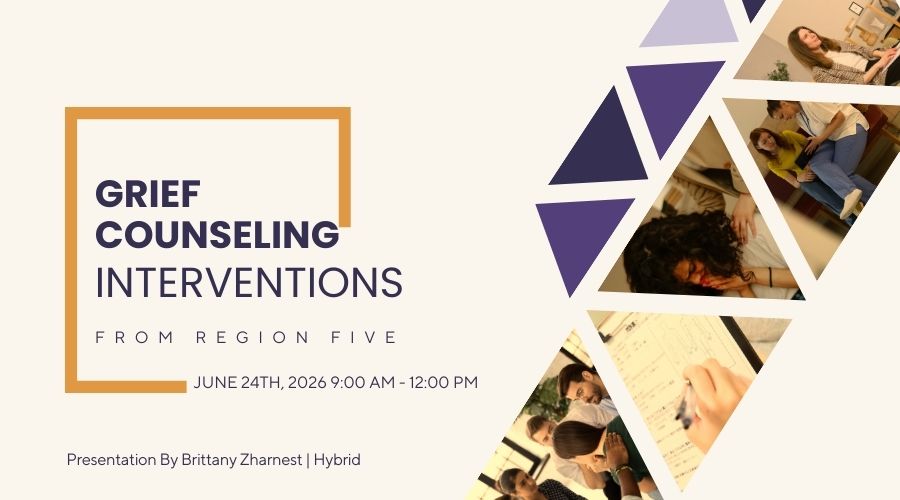Upcoming Region Five Training
February 2026
24 February
11:00 am - 2:00 pm
Introduction to Parent Child Interaction Therapy (PCIT)
March 2026
11 March
9:00 am - 12:00 pm
Clinical Decision Making Map: Comparing and Contrasting IPT, ACT and CBT to Treat Adult Depression
19 March
1:00 pm - 4:00 pm
Family Psychoeducation
April 2026
14 April
10:00 am - 12:00 pm
Region Five Motivational Interviewing
27 April
1:00 pm - 4:00 pm
Trauma Focused-Cognitive Behavioral Therapy
May 2026
22 May
9:00 am - 1:00 pm
Addressing Human Trafficking in your own Community
28 May
10:00 am - 1:00 pm
Listening, Learning, and Growing Together: Practicing Multicultural Humility
June 2026
15 June
10:00 am - 12:00 pm
Ethics: A Call to Higher Standards
24 June
9:00 am - 12:00 pm
Grief Counseling Interventions
No event found!


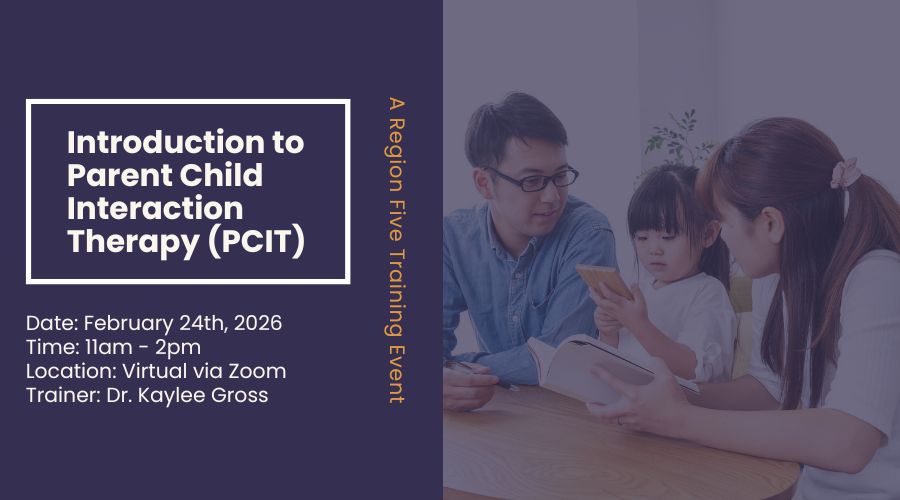
 Dr. Kalee Gross is a licensed clinical psychologist at UCEBT. Kalee values providing a holistic approach because every individual is uniquely influenced by various factors throughout life. She specialized in working with children and teens; however, she absolutely enjoys, and has experience, seeing all ages across the lifespan.
Dr. Kalee Gross is a licensed clinical psychologist at UCEBT. Kalee values providing a holistic approach because every individual is uniquely influenced by various factors throughout life. She specialized in working with children and teens; however, she absolutely enjoys, and has experience, seeing all ages across the lifespan.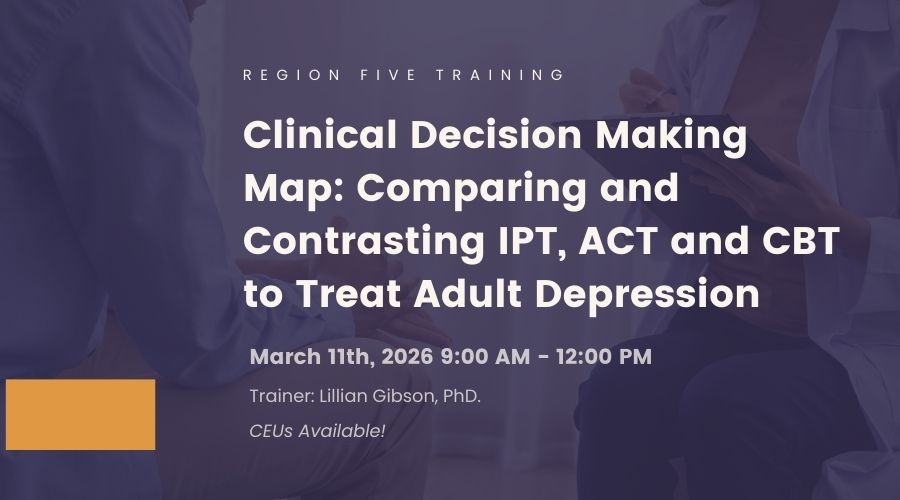
 Dr. Lillian Gibson is a highly sought licensed clinical psychologist in the Dallas, Texas area often referred to as a “mood make-over” expert. For the past decade she’s guided clients away from feeling overwhelmed, hurt, confused, frustrated, and sad into a life of peace and happiness.
Dr. Lillian Gibson is a highly sought licensed clinical psychologist in the Dallas, Texas area often referred to as a “mood make-over” expert. For the past decade she’s guided clients away from feeling overwhelmed, hurt, confused, frustrated, and sad into a life of peace and happiness.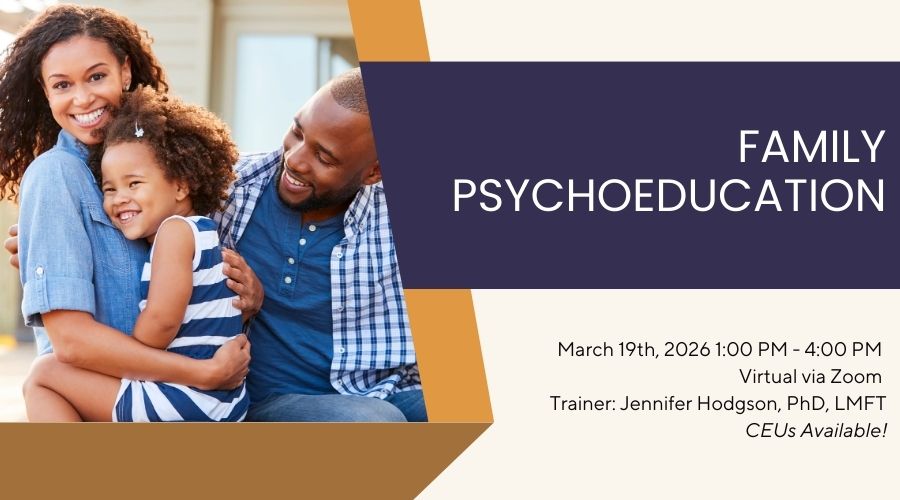
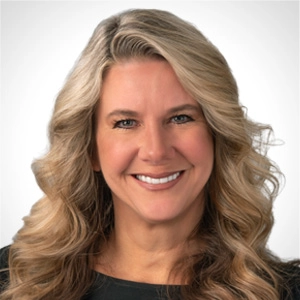 Jennifer Hodgson is a licensed marriage and family therapist who maintained a private practice and taught in higher education for 24 years prior to joining HMA. The scope of her experience in higher education training environments includes medical education, resident training and fellowship programs (i.e., family medicine, internal medicine, psychiatry), as well as family therapy and medical family therapy master’s and doctoral programs. She co-developed the first Medical Family Therapy doctoral program in the nation and served as major professor to 21 doctoral students during her tenure at East Carolina University.
Jennifer Hodgson is a licensed marriage and family therapist who maintained a private practice and taught in higher education for 24 years prior to joining HMA. The scope of her experience in higher education training environments includes medical education, resident training and fellowship programs (i.e., family medicine, internal medicine, psychiatry), as well as family therapy and medical family therapy master’s and doctoral programs. She co-developed the first Medical Family Therapy doctoral program in the nation and served as major professor to 21 doctoral students during her tenure at East Carolina University.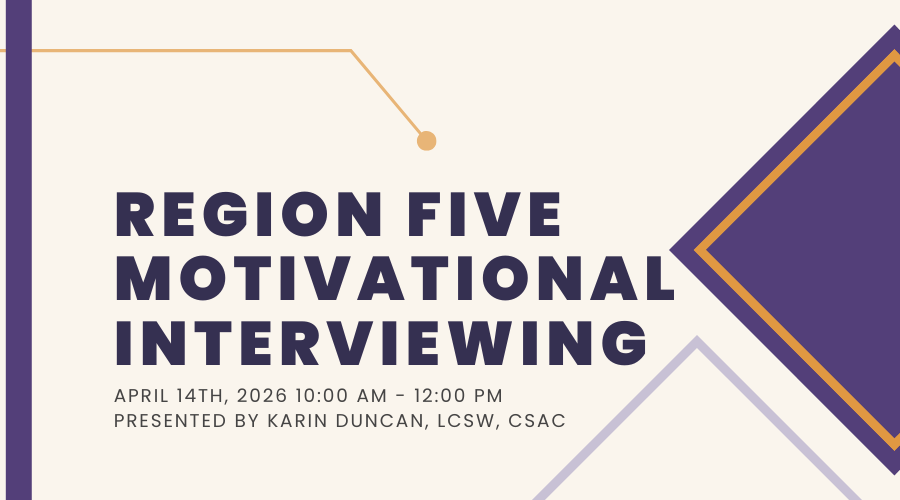
 Karin Duncan is a Licensed Clinical Social Worker (LCSW) and a Certified Substance Abuse Counselor (CSAC), currently serving as the Internal Training Coordinator at Western Tidewater Community Services Board. With two decades experience in the human services, criminal justice and counseling fields, Karin has extensive experience working with high-risk adolescents and their families as well those who struggle with substances and issues surrounding addiction.
Karin Duncan is a Licensed Clinical Social Worker (LCSW) and a Certified Substance Abuse Counselor (CSAC), currently serving as the Internal Training Coordinator at Western Tidewater Community Services Board. With two decades experience in the human services, criminal justice and counseling fields, Karin has extensive experience working with high-risk adolescents and their families as well those who struggle with substances and issues surrounding addiction.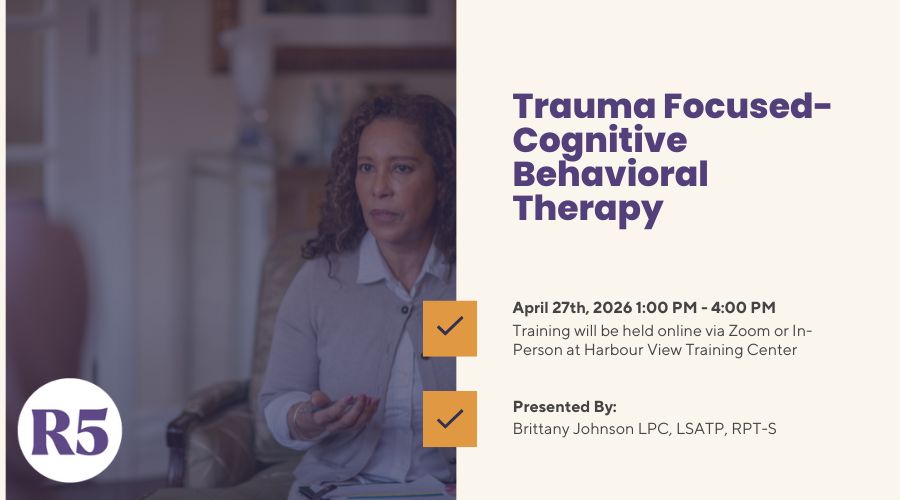
 Brittany Johnson is more than a Licensed Professional Counselor—she is a dedicated advocate for mental and emotional well-being. With over a decade of experience in the behavioral health field, Brittany has devoted her career to supporting individuals as they navigate complex challenges, including trauma, grief, addiction, and self-injury.
Brittany Johnson is more than a Licensed Professional Counselor—she is a dedicated advocate for mental and emotional well-being. With over a decade of experience in the behavioral health field, Brittany has devoted her career to supporting individuals as they navigate complex challenges, including trauma, grief, addiction, and self-injury.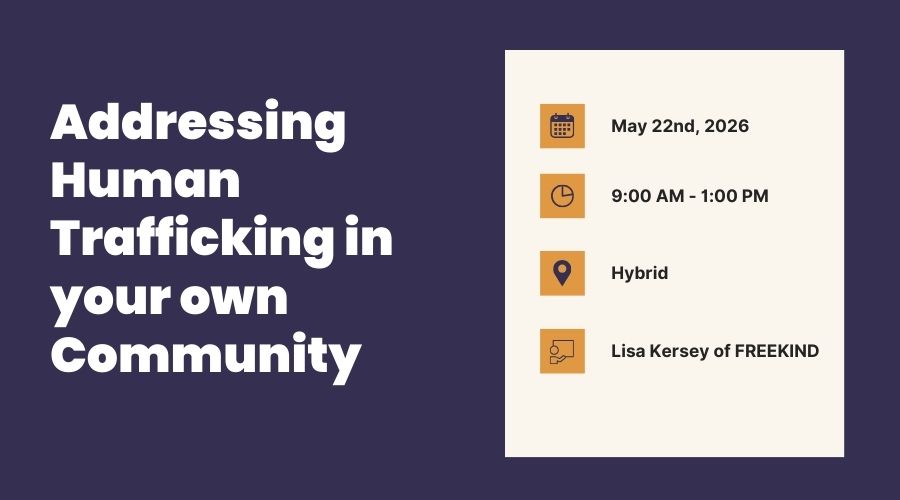
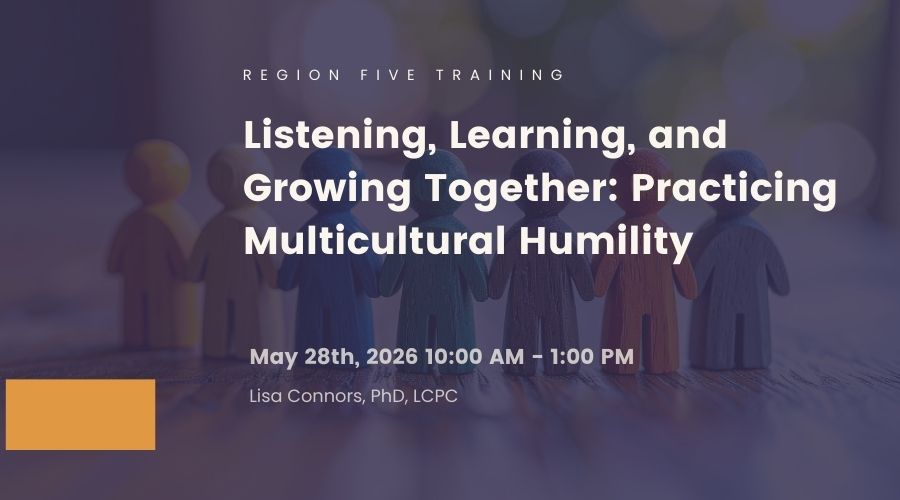
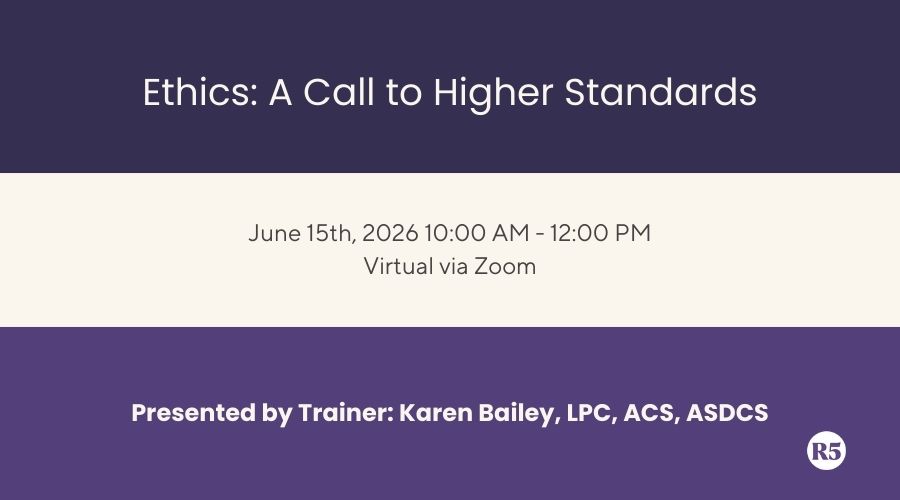
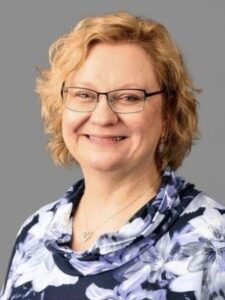 Karen Bailey is a Licensed Professional Counselor, Approved Clinical Supervisor and Autism Spectrum Disorder Clinical Specialist. Karen Bailey has worked in the field for 28 years.
Karen Bailey is a Licensed Professional Counselor, Approved Clinical Supervisor and Autism Spectrum Disorder Clinical Specialist. Karen Bailey has worked in the field for 28 years.